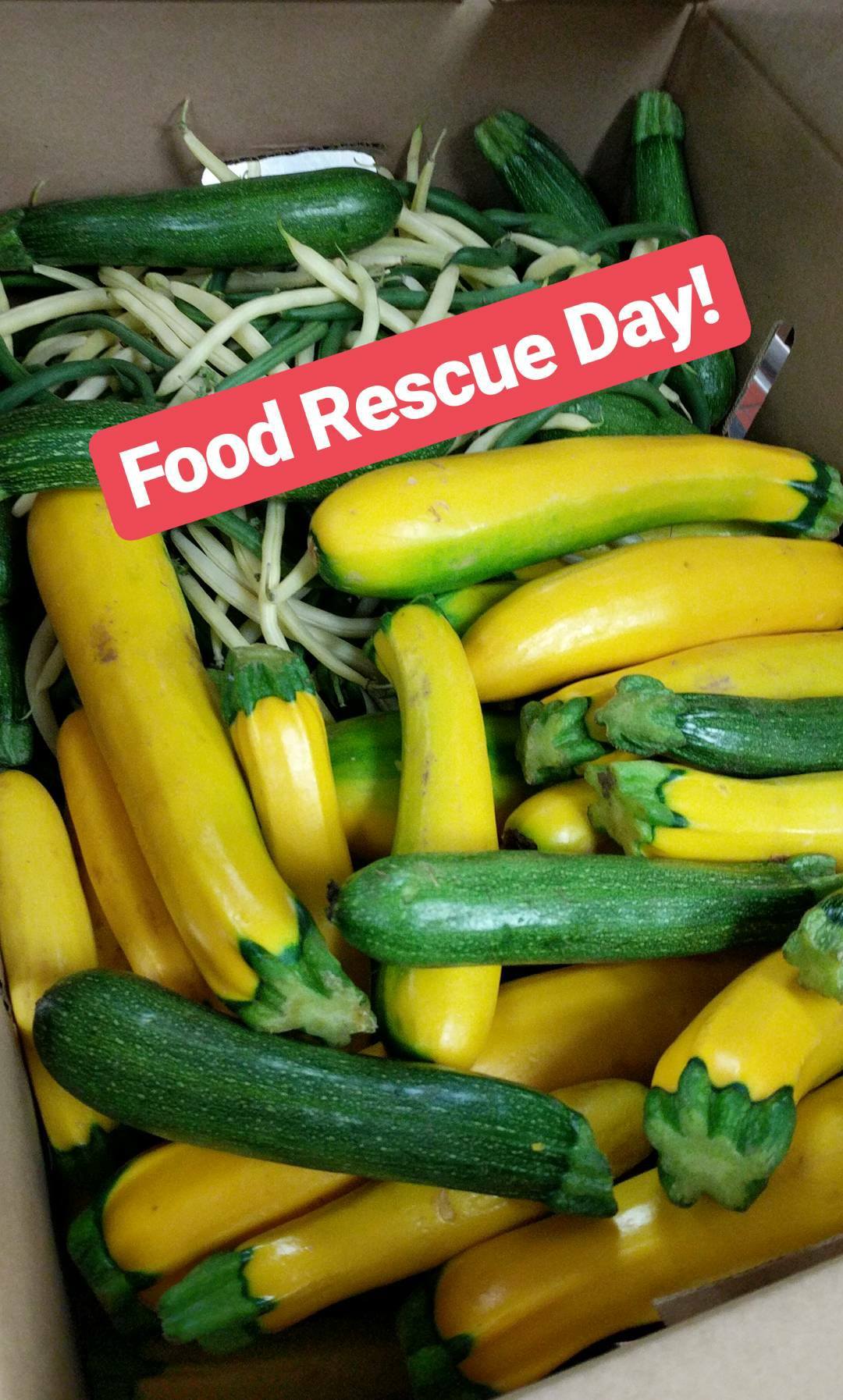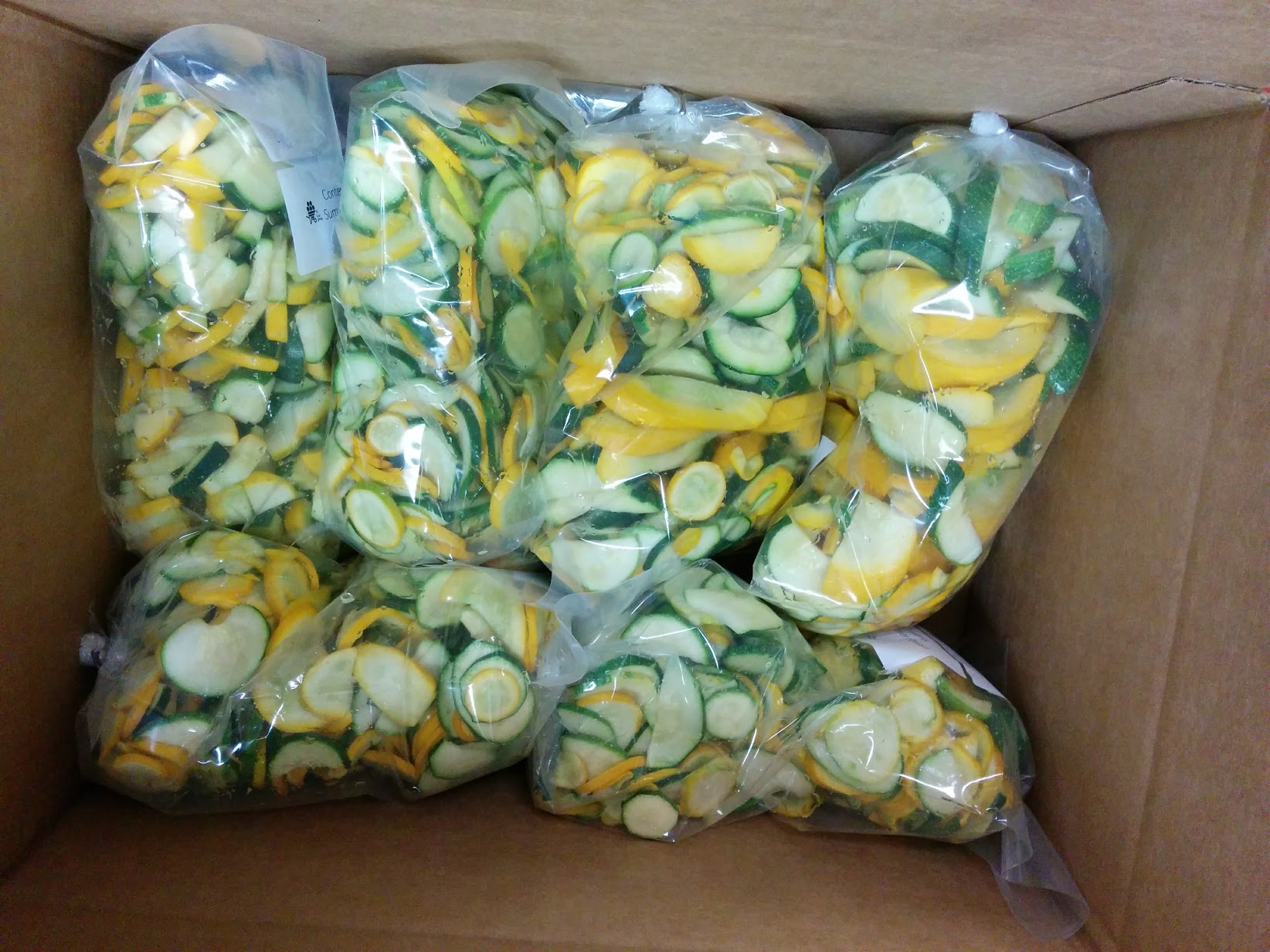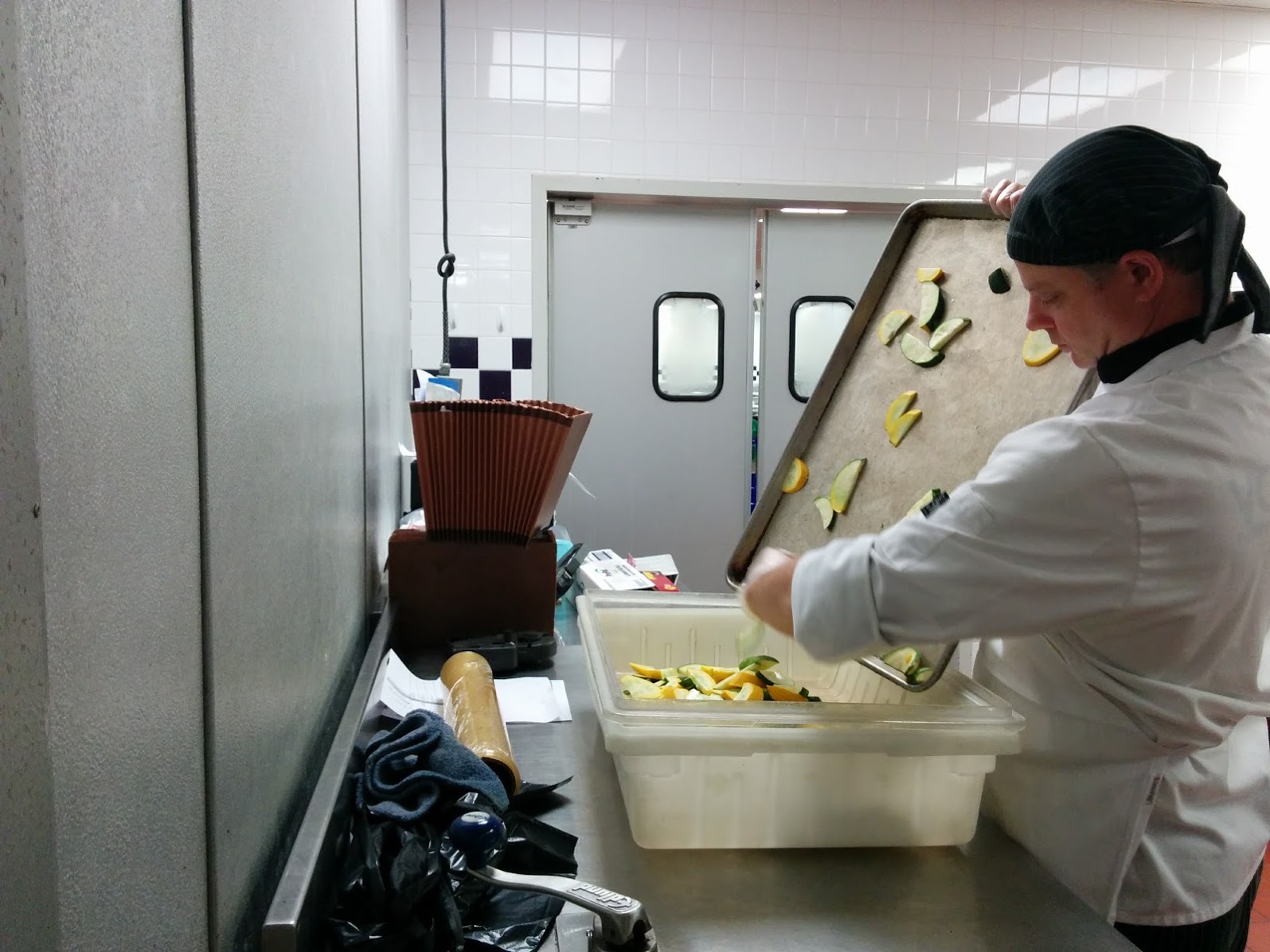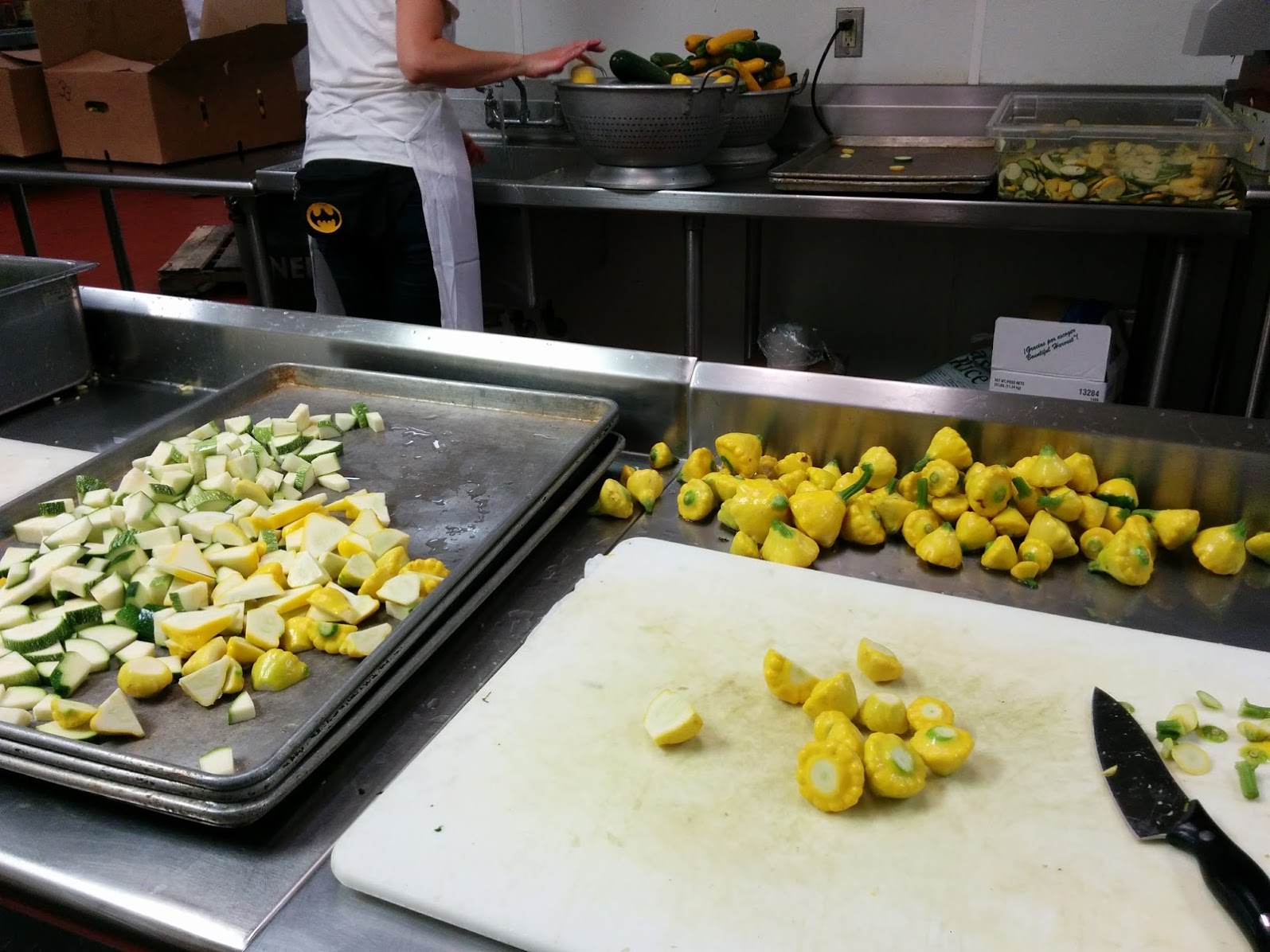We’ve all felt hungry. For most of us, it’s as simple as going to the fridge and eating something. But for too many people, hunger remains a constant issue. 41.2 million people live in food-insecure households including 6.5 million children. In a country where 30%-40% of food is thrown out, that’s unacceptable.
That’s why we partnered with The Food Group and Hennepin County to fight hunger in our own backyard.
The Opportunity
The Minneapolis Farmer’s Market is one of the best in the United States. But like all farmer’s markets and many supermarkets, food that is not considered “pretty” or is the only one left can go unpurchased. This food is usually either thrown away or composted. But Taher Chef Chris Loew, The Food Group, and Hennepin County saw an opportunity to fight food insecurity.
The Operation
Chef Chris Loew has a discerning eye for produce. He carefully selects the best vegetables and squash to serve to those in need. It’s with that eye and dedication that he approached this project.
Over the course of two months on four weekends, volunteers from Hennepin County, The Food Group, and Taher employees were led by Taher chefs in the processing of over 3,300 pounds of fresh vegetables. This herculean effort winds up with over 9,500 four ounce portions for people to enjoy during the harsh Minnesota winter months. Check out some of the pics below!
Why This Approach To Tackling Hunger Is So Important
We’ve all been to canned food drives to support local food banks. Turns out, that’s not the most efficient way to give food. When 1 in 7 people rely on food banks to help feed their families, they deserve a better way. Especially when 69% of the time a can or box is thrown away, it’s because the items are out of date. Other reasons that food banks are moving to more fresh foods is that canned food tends to be high in sodium which can lead to cardiovascular issues if consumed very often. Offering people in need fresh food is one of the best ways to ensure that people with food security issues eat healthy and have a stake in the food system.






